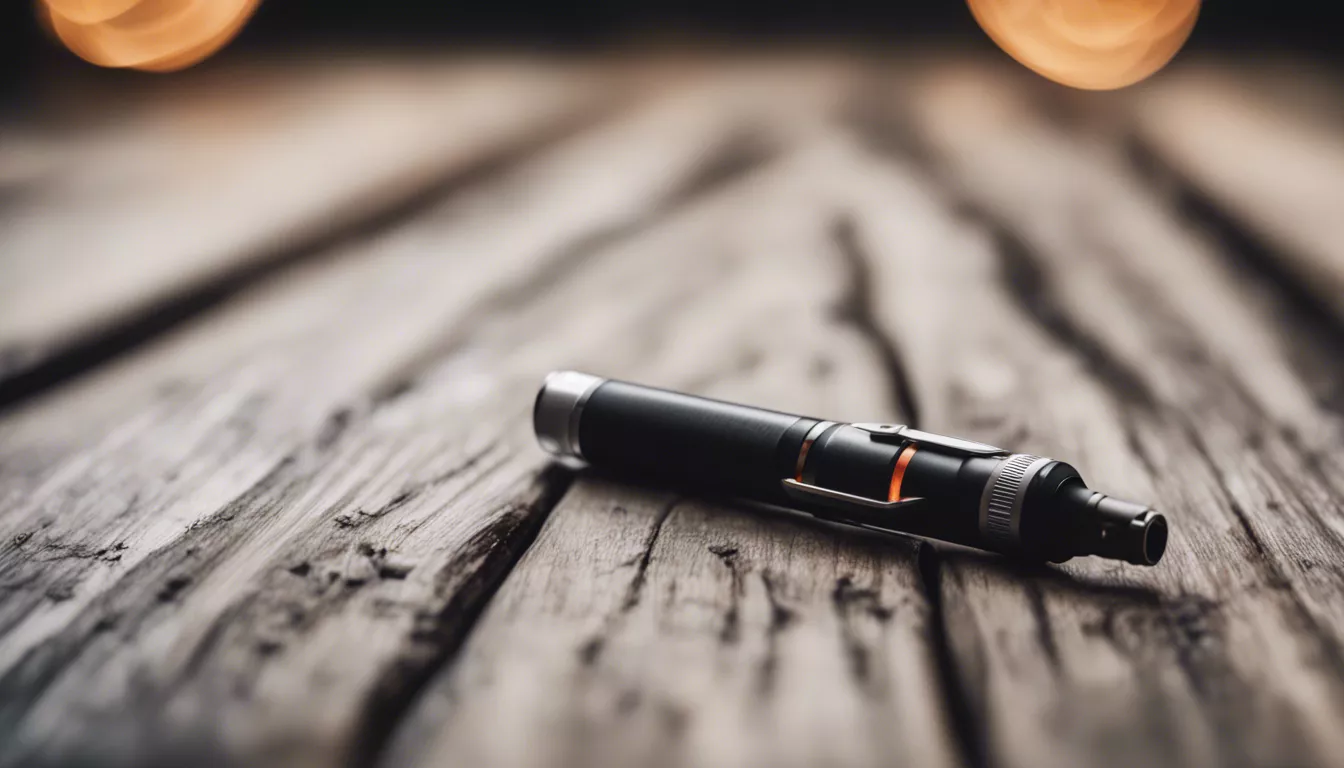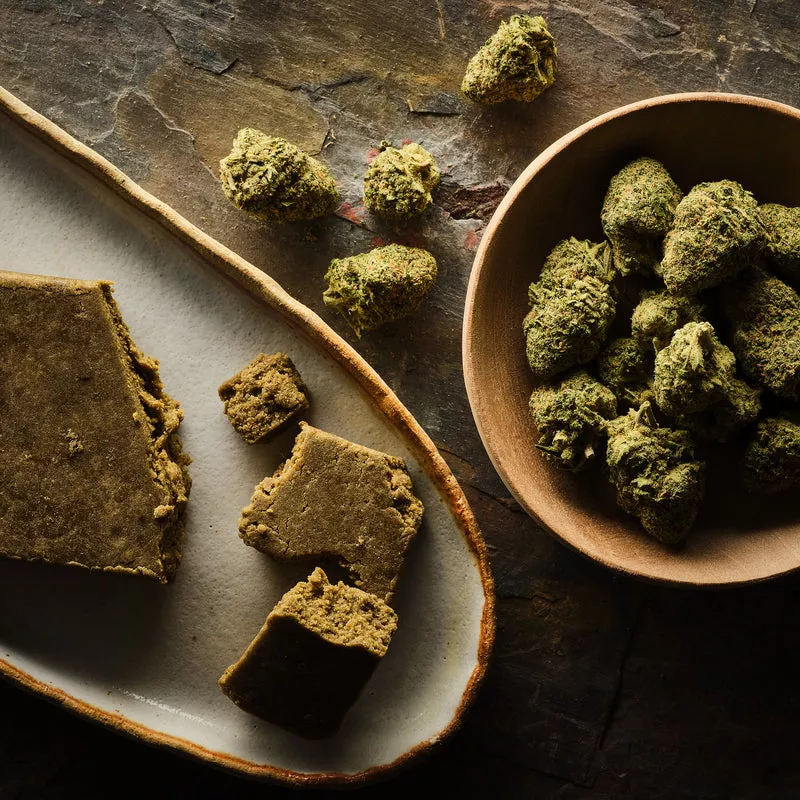- Shop All
- Type
- (158) THC>
- (76) CBD>
- Need
- Sleep>
- (23) Pain>
- (14) Anxiety>
- (6) Pets>
- (93) Edibles
- (16) CBD Edibles>
- (66) THC Edibles>
- (3) Ratio Edibles>
- (40) Hybrid Edibles>
- (97) Vegan>
- (5) Beverages>
- Strain
- (38) Indica>
- (32) Sativa>
- (58) Hybrid>
- (15) Tinctures
- (5) Anxiety Tinctures>
- (9) CBD Tincture>
- (1) Pain Tincture>
- (4) Ratio Tincture>
- (4) Sleep Tincture>
- (4) THC Tincture>
- (4) Capsules
- (1) CBD Capsules>
- (0) THC Capsules>
- (3) Ratio Capsules>
- Foggers
CB1 receptor
Alana RossiAugust 19, 2023LatestCB1 receptors are abundantly expressed throughout the central nervous system and brain. THC, the primary intoxicating compound in cannabis, readily binds to CB1 receptors, inducing the signature euphoric and therapeutic effects associated with cannabis consumption.
CB1 receptors help regulate and modulate a variety of important biological functions including sensory perception, motor control, emotions, motivation, appetite, digestion, cognition, pain response, and many other processes tied to homeostasis.
Found extensively throughout the central nervous system, the CB1 receptor is a core component of the larger endocannabinoid system which helps maintain stable homeostasis. Prolonged overactivation of CB1 through heavy or excessive THC exposure over time contributes to the phenomena of tolerance buildup. Meanwhile, CBD differs significantly from THC in that it blocks rather than activates CB1 receptors, altering the binding affinity and downstream effects of THC when both are present.
0/5 (0 Reviews)Latestfrom B+FBe the first to know about exciting new products, special events, seasonal offers, and much moreOur Collective
Wellness to your doorstepCopyright © 2024 All Rights Reserved | BIRCH + FOG[gtranslate]Save your cart?
x










